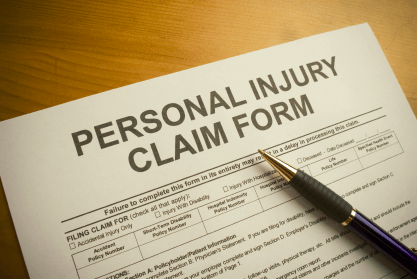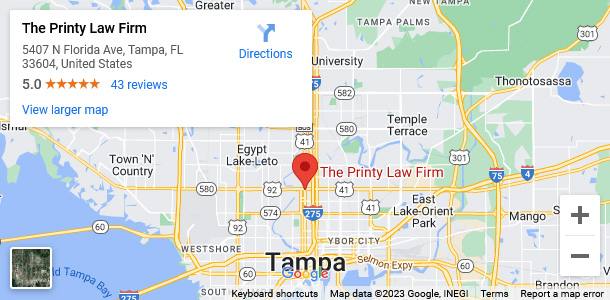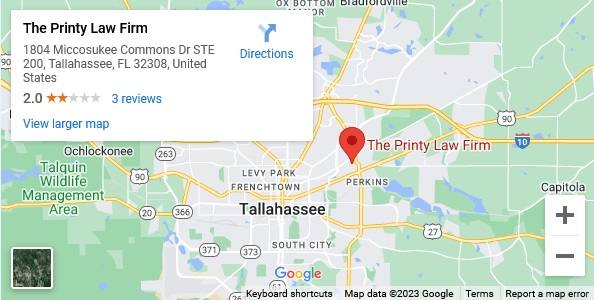Why Collateral Sources Are Important to an Injury Case
Personal Injury Attorneys | Does the term collateral sources seem interesting? Probably not, and it probably sounds like a term that has absolutely nothing to do with getting recovery from a negligent party for your injuries. But in fact, collateral sources can directly affect the amount that you receive from a jury verdict in a lawsuit brought for personal injuries.
What is a Collateral Source?
Collateral sources are sources of money that you receive that compensate you for damages or injury, which aren’t part of your injury lawsuit.
For example, assume your PIP insurance pays $10,000 towards a surgery that you needed as a result of injuries sustained in an accident. Your PIP will pay those bills, regardless of negligence, or what a jury says. Later, a jury awards you a verdict that includes the same $10,000 for the surgery. You have now been “paid” that $10,000 twice—once from your PIP, once from the jury.
The collateral source rule is designed to prevent this from happening. Thus, when the jury awards you the verdict, it will be reduced by $10,000 to compensate for the PIP coverage you received.
There are a number of sources that can be considered collateral, which can reduce the jury’s verdict. The sources are directly detailed in Florida’s collateral source statute. They include:
- Social Security disability payments;
- Payments from similar federal medical programs that provide medical benefits for disability;
- Any private disability insurance;
- Any auto insurance policy that provides medical benefits (such as a PIP policy); and
- Any employer-provided wage payment plan payable in the event of disability.
What Sources are Not Considered Collateral?
There are some sources of payment that don’t operate to reduce a jury’s verdict.
Generally, a jury’s verdict can’t be reduced for future medical expenses. If you will need a surgery in the future, and it will cost $10,000, even if you have insurance, the verdict can’t be reduced by that amount. Verdicts can only be reduced for amounts that are or have been actually paid.
A recent case determined that unemployment benefits were not collateral sources, even though these, like a jury award, may compensate someone for lost or unavailable wages.
Some programs will demand repayment if you get a jury verdict. For example, Medicare may require you pay back from a jury verdict some or all of any money it pays for your medical expenses. Because you have to pay back Medicare, that expense can’t be subtracted from a jury verdict. Many private health insurance companies operate the same way—they will require reimbursement if you receive a jury verdict, and thus what they pay won’t be subtracted from your verdict.
It may sound like collateral sources are a strange legal term that you don’t have to think about. But if a jury awards you a verdict, the defendant will likely do anything it can to get that amount reduced. That includes a fight over collateral sources. Unfortunately, many injured victims find a substantial verdict whittled away because their attorneys didn’t understand the rule or how to protect their clients from its effects. – Miami Injury
The employment discrimination lawyers at Printy Law Firm can inform you of legal options you may not know you have. If you or a loved one has experienced an injury or wrongful death due to someone else’s negligence, contact The Personal Injury Department at Printy Law Firm.
Call today for a confidential consultation | Tampa 813.434.0649 | Tallahassee 850.877.7299





